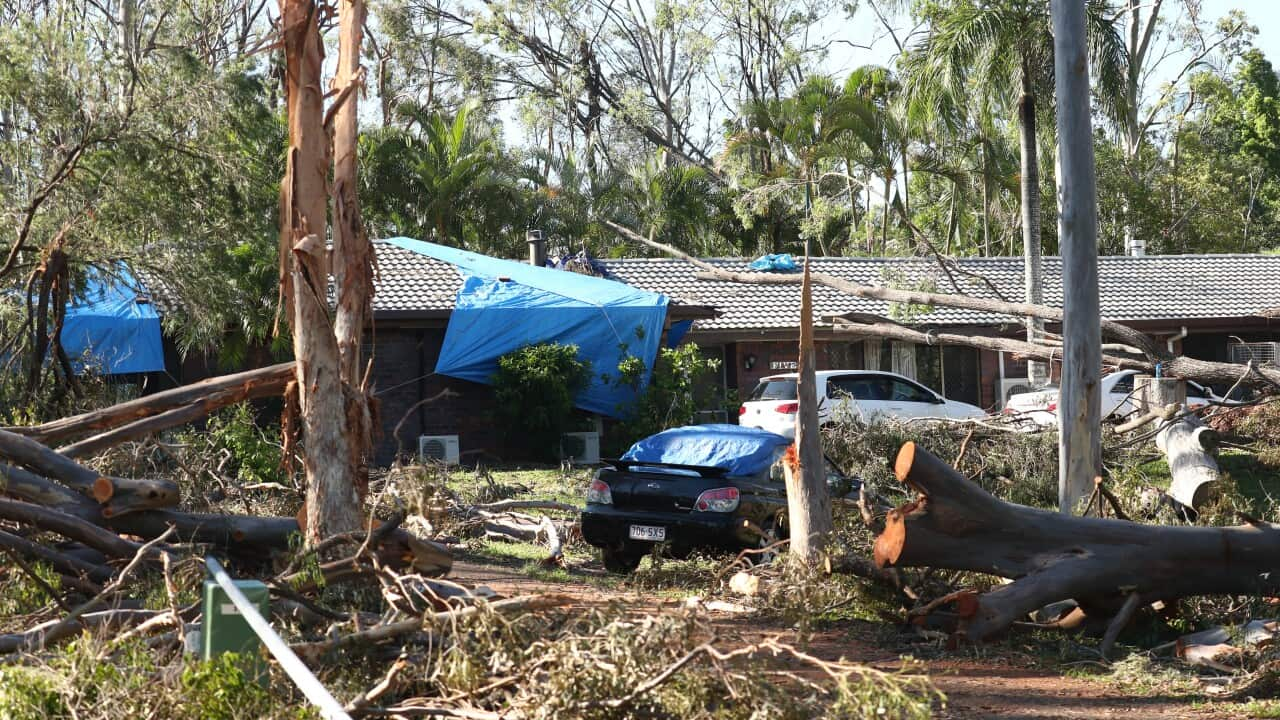Key Points
- Residents in Queensland reported receiving flood and storm warnings after the event had passed.
- Federal Emergency Management Minister Murray Watt says climate change means weather models need to be updated.
- A new national messaging system is expected to be rolled out in 2024.
Federal Emergency Management Minister Murray Watt has vowed to "close the gaps" in weather warning systems following criticism of the Bureau of Meteorology.
The bureau has been criticised for its forecasting and weather warning systems following ex-tropical cyclone Jasper in Queensland's far north and the Christmas Day storms that lashed the state's southeast.
When Jasper made landfall residents of the Cairns suburb of Holloways Beach reported only receiving major flood warnings after already being isolated.
While on the Gold Coast, one of the hardest hit regions in southeast Queensland, mayor Tom Tate said it was "unforgivable" that a weather warning went out to residents after Christmas Day storms had already passed through.
Watt said he's tasked the National Emergency Management Agency with bringing the bureau, state governments and councils together to find out where warning processes may be lacking.
"It might be that the bureau need to provide clearer information than they are, it might be councils need more training about how to recognise the signals and translate that information from the bureau into text messages," he said.
"Wherever the gaps are I am keen to resolve them because we want to make sure people are receiving the most accurate, reliable information."
Watt said climate change is having an impact on the weather and the science being used to predict and alert people.
"The models we have traditionally used are having to change because the climate is changing," he said.
"This is something I know the bureau is working hard on but unfortunately the reality is climate change means we will live through more unpredictable weather."
Queensland Premier Steven Miles welcomed the review of warning systems.
"The weather events that we're seeing are changing and if there are ways that we can improve our alert systems ... I think it's a good thing," he said.
Watt said the federal government is working on a new national messaging system, which is expected to be ready in 2024.










